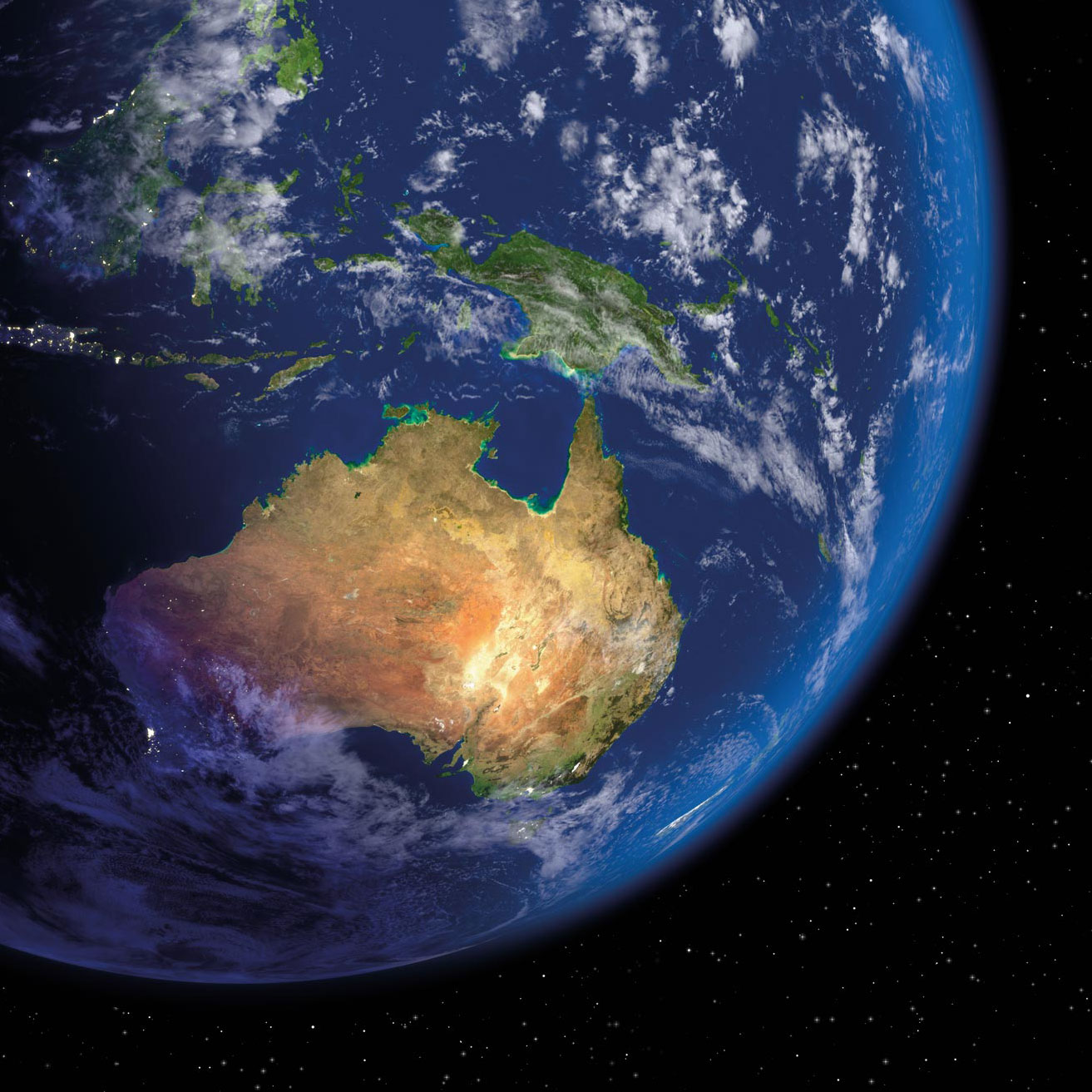After growing up on a banana farm in Caboolture, just north of Brisbane, Stewart Lindsay studied Applied Science in Horticultural Technology and started his career as an extension officer working in apples. Since 1993, Stewart has been back on ‘planet banana’ in South Johnstone, North Queensland. He is now Team Leader – Banana Production Systems at the Queensland Department of Agriculture and Fisheries and he works on banana research and development projects.
Stewart loves ‘the geeky science bit’ of solving complex problems. This geekery led him to Indonesia to work on a project funded by the Australian Centre for International Agricultural Research (ACIAR) on Panama disease, or Fusarium wilt, in bananas. Panama disease is caused by a fungus that lives in the soil and gradually kills banana plants. ‘It’s a disease that never goes away. Once it’s there, you never get rid of it. It ends up stopping banana production in that area’, Stewart says.
I'm a scientist. I'm not a politician or a diplomat. I like to work in facts and problem solving. If other countries have big problems, and if we can help them, why not do our best to represent Australia?

Stewart Lindsay. Image credit: Conor Ashleigh/ACIAR
Stewart now works on another ACIAR-funded project looking at Panama disease, this time on the island of Mindanao, in the southern Philippines. The disease is well established there and is having a big impact. The banana industry is a major employer in Mindanao, with 300,000 people relying on it for jobs, food and economic security. Stewart tells the story of one man he spoke to. ‘He had a small farm and he’d been wiped out. He had to move to growing corn, and can now only make 10 per cent of the income he used to.’
Stewart is sharing good biosecurity practices to help stop the disease from spreading to other farms in Mindanao, although sadly ‘the disease is so far gone that most farms are beyond that point’. He is also part of a team researching ways to grow bananas in the presence of the disease.
Through his work, Stewart has been able to build better relationships with our regional neighbours. ‘It's important to be able to have that relationship, and that then allows our Australian industry to prepare for exotic pest and disease threats like Panama disease.’ He sees this as a shared problem best solved with everyone involved working together. ‘This is not a problem that an individual, or a company, or a country for that matter will find a solution to.’
‘We've been able to use the experiences we gained through the ACIAR projects to help Australian banana growers in North Queensland to understand what is good biosecurity, what are effective practices and how to put in place things that we hope are going to contain and stop the spread of the disease here’, Stewart says.
Reflecting on his role in foreign policy, Stewart says, ‘I'm a scientist. I'm not a politician or a diplomat. I like to work in facts and problem solving. If other countries have big problems, and if we can help them, why not do our best to represent Australia?’




